Navigating The Academic Year: School Terms And Holidays In 2025
Navigating the Academic Year: School Terms and Holidays in 2025
Related Articles: Navigating the Academic Year: School Terms and Holidays in 2025
Introduction
With great pleasure, we will explore the intriguing topic related to Navigating the Academic Year: School Terms and Holidays in 2025. Let’s weave interesting information and offer fresh perspectives to the readers.
Table of Content
Navigating the Academic Year: School Terms and Holidays in 2025
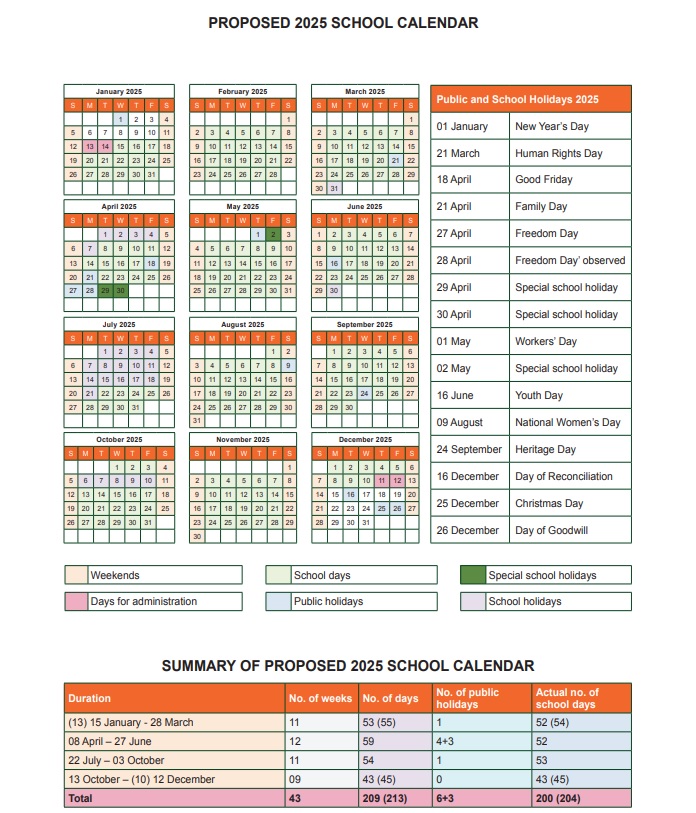
The academic calendar, with its distinct terms and holidays, serves as a structured framework for the educational journey. Understanding the rhythm of this calendar is crucial for students, parents, and educators alike. This article provides a comprehensive overview of school terms and holidays for the year 2025, highlighting their significance and offering valuable insights for navigating the academic year effectively.
Understanding the Structure of the Academic Year
The academic year typically runs from late August or early September to late May or early June. This period is segmented into distinct terms, each encompassing a specific set of curriculum objectives and assessments. The structure of these terms may vary across educational institutions, but a common framework includes:
- Fall Term: This term typically begins in late August or early September and concludes in December. It covers a significant portion of the curriculum, laying the foundation for the academic year.
- Winter Break: This break typically occurs from late December to early January, offering a period of rest and rejuvenation for students and educators alike.
- Spring Term: This term usually begins in early January and concludes in late May or early June. It builds upon the knowledge acquired in the fall term, culminating in final examinations and assessments.
- Summer Break: This extended break, lasting from late May or early June to late August or early September, provides students with a much-needed respite from academic pursuits, allowing them to engage in extracurricular activities, travel, or pursue personal interests.
Key Holidays and Their Significance
In addition to the defined terms, the academic calendar is punctuated by various holidays, each holding cultural and historical significance. These holidays offer opportunities for reflection, celebration, and commemoration.
- Labor Day: This holiday, celebrated on the first Monday of September, commemorates the achievements of workers and the contributions they make to society.
- Columbus Day: Celebrated on the second Monday of October, this holiday has been the subject of debate and controversy, with some arguing for its abolition due to its historical connection to colonialism and the mistreatment of indigenous populations.
- Veterans Day: Observed on November 11th, this holiday honors the service and sacrifices of veterans who have defended the nation.
- Thanksgiving Day: Celebrated on the fourth Thursday of November, this holiday is a time for gratitude, family gatherings, and feasting.
- Christmas Day: Celebrated on December 25th, this holiday is a significant religious and cultural event, marked by gift-giving, festive decorations, and family gatherings.
- New Year’s Day: Celebrated on January 1st, this holiday marks the beginning of a new year, symbolizing fresh starts and new beginnings.
- Martin Luther King Jr. Day: Observed on the third Monday of January, this holiday commemorates the life and legacy of Martin Luther King Jr., a prominent civil rights leader.
- Presidents’ Day: Celebrated on the third Monday of February, this holiday honors the contributions of past presidents of the United States.
- Memorial Day: Observed on the last Monday of May, this holiday honors the memory of those who have died in service to the United States.
Navigating the Academic Calendar: A Practical Guide
Understanding the academic calendar and its various components is crucial for maximizing academic performance and ensuring a smooth educational experience. Here are some practical tips for navigating the calendar effectively:
- Plan Ahead: Students and parents should familiarize themselves with the academic calendar at the beginning of the year, noting key dates for exams, assignments, and holidays. This allows for effective time management and avoids last-minute stress.
- Stay Organized: Maintaining a well-organized calendar or planner can help students track deadlines, assignments, and upcoming events. This ensures that they stay on top of their academic responsibilities and avoid missing important dates.
- Utilize Resources: Schools often provide comprehensive academic calendars and online resources that students and parents can access for information on holidays, exams, and other important events.
- Communicate Effectively: Students should communicate with their teachers and parents regarding any concerns or questions they may have about the academic calendar or its impact on their academic progress.
- Embrace the Holidays: Holidays offer valuable opportunities for students to recharge, pursue personal interests, and connect with family and friends. This can help reduce stress and promote overall well-being.
FAQs about School Terms and Holidays
Q: When does the academic year typically begin and end?
A: The academic year typically runs from late August or early September to late May or early June.
Q: What are the different school terms?
A: The academic year is typically divided into three terms: Fall Term, Spring Term, and Summer Break.
Q: When are the major holidays observed in the academic year?
A: Major holidays observed in the academic year include Labor Day, Columbus Day, Veterans Day, Thanksgiving Day, Christmas Day, New Year’s Day, Martin Luther King Jr. Day, Presidents’ Day, and Memorial Day.
Q: How do school holidays affect academic progress?
A: School holidays can offer students a break from academic pressures, allowing them to recharge and improve their overall well-being. However, it is important for students to manage their time effectively and avoid falling behind in their studies during these breaks.
Q: What are some tips for navigating the academic calendar effectively?
A: Students and parents should plan ahead, stay organized, utilize available resources, communicate effectively, and embrace the holidays to maximize their academic performance and ensure a smooth educational experience.
Conclusion
The academic calendar, with its defined terms and holidays, provides a structured framework for the educational journey. Understanding this calendar and its various components is essential for students, parents, and educators alike. By navigating the calendar effectively, students can optimize their academic performance, manage their time efficiently, and ensure a fulfilling and enriching educational experience.
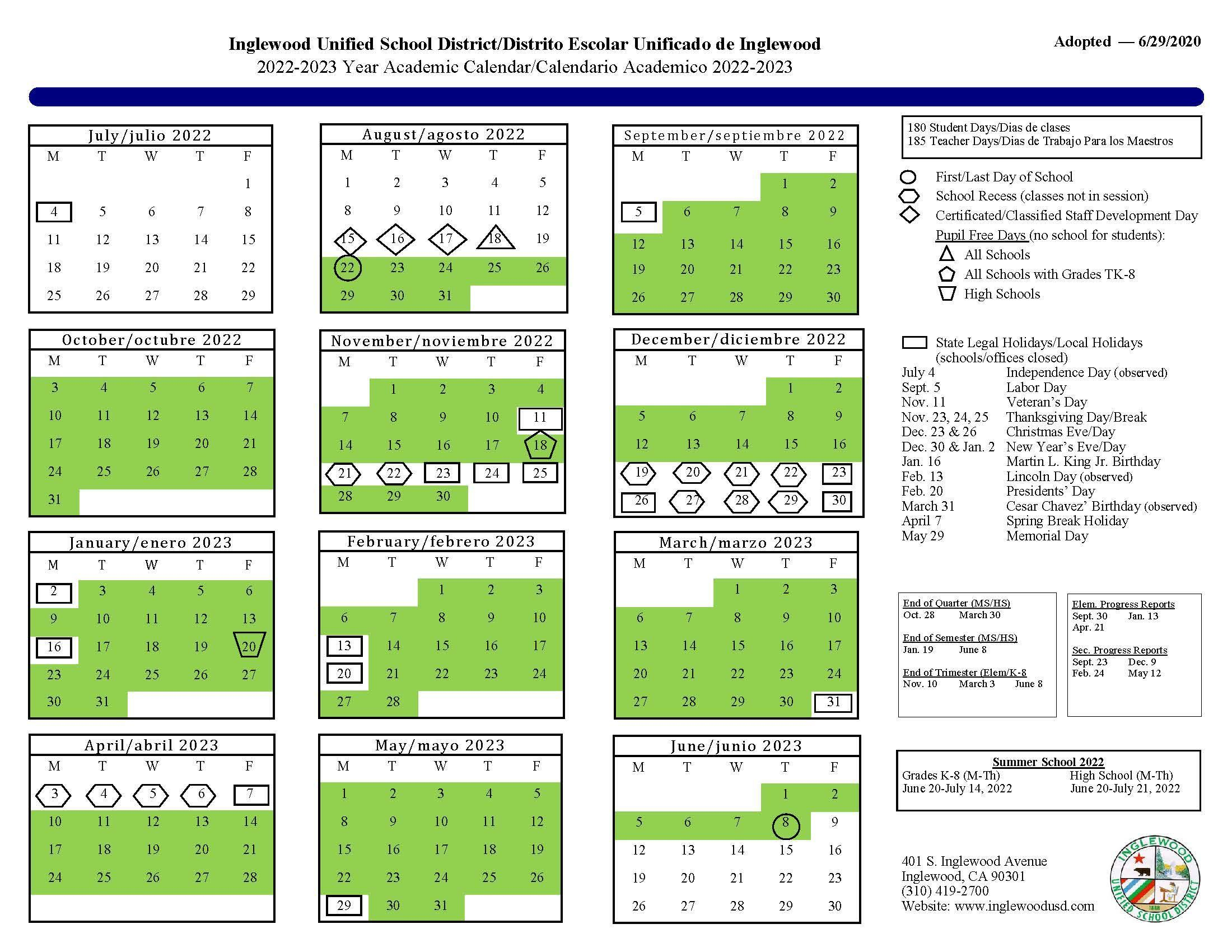
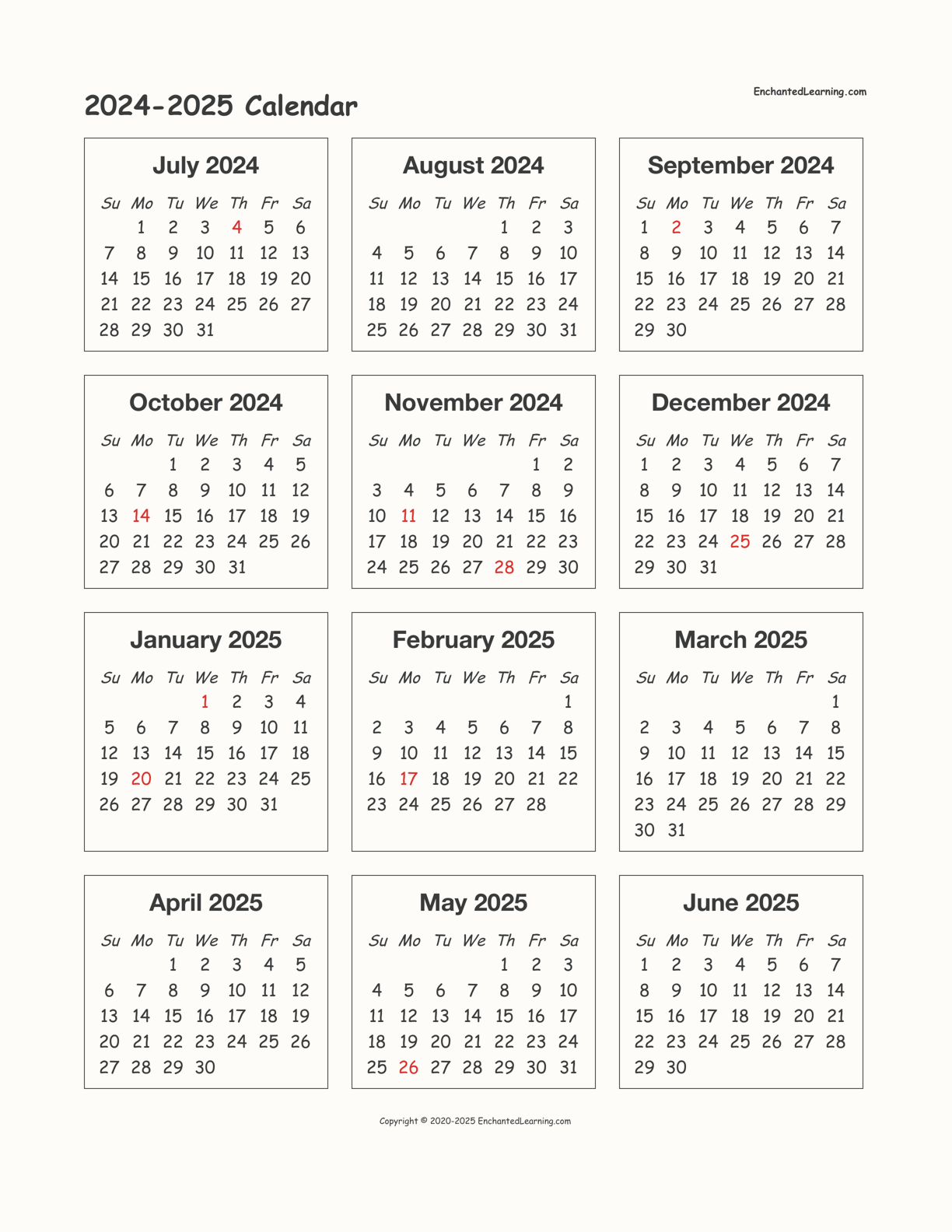
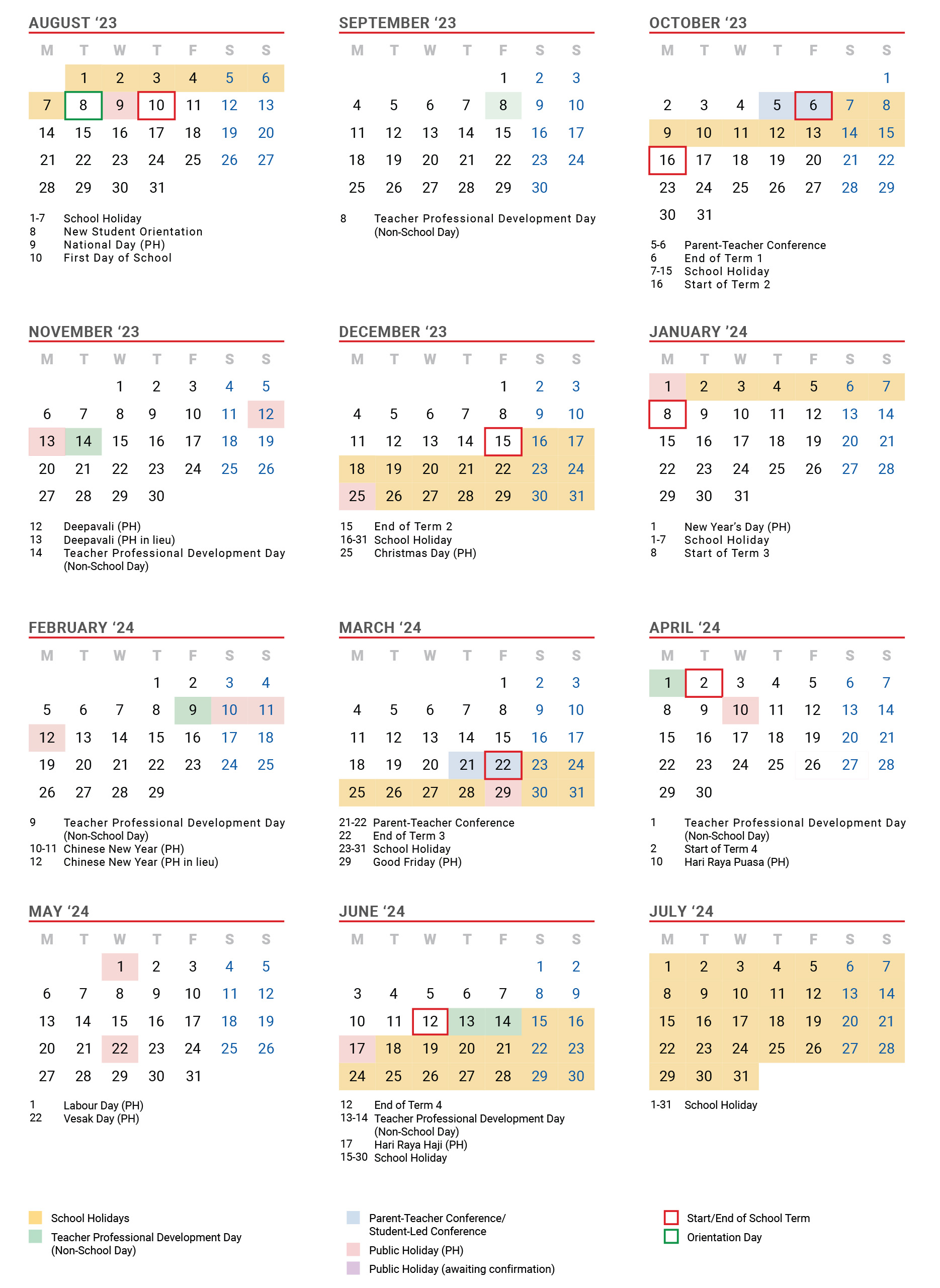
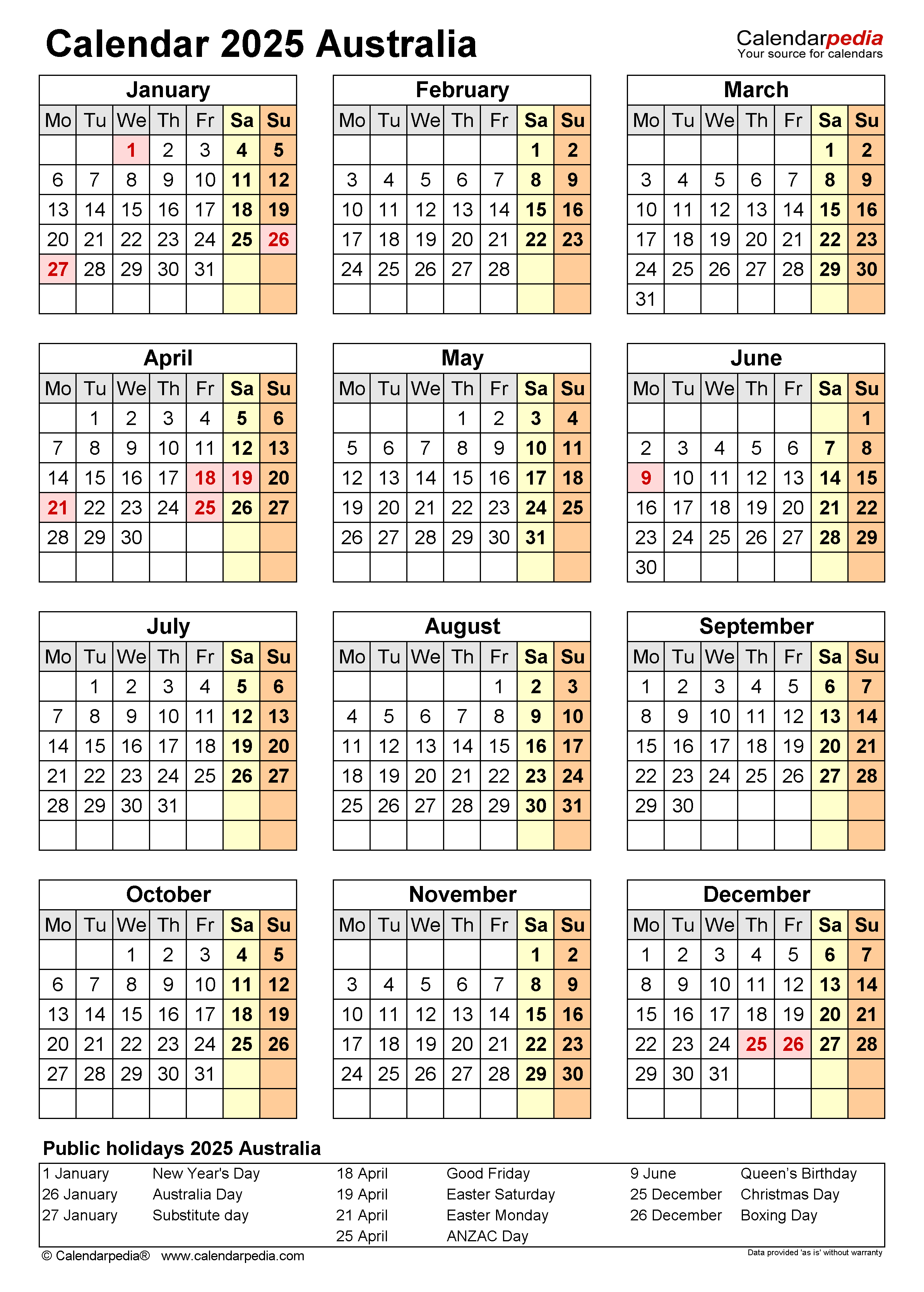
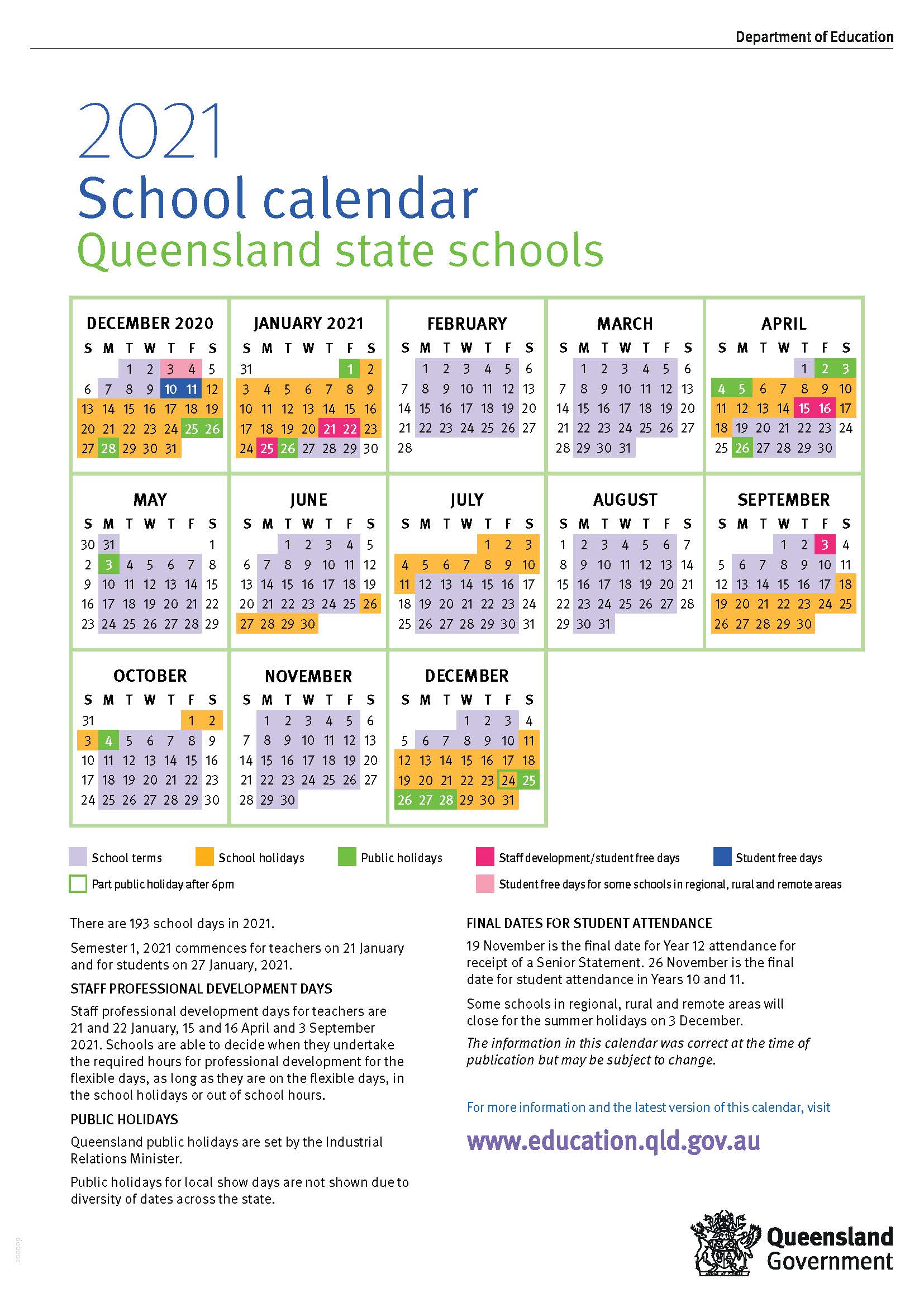
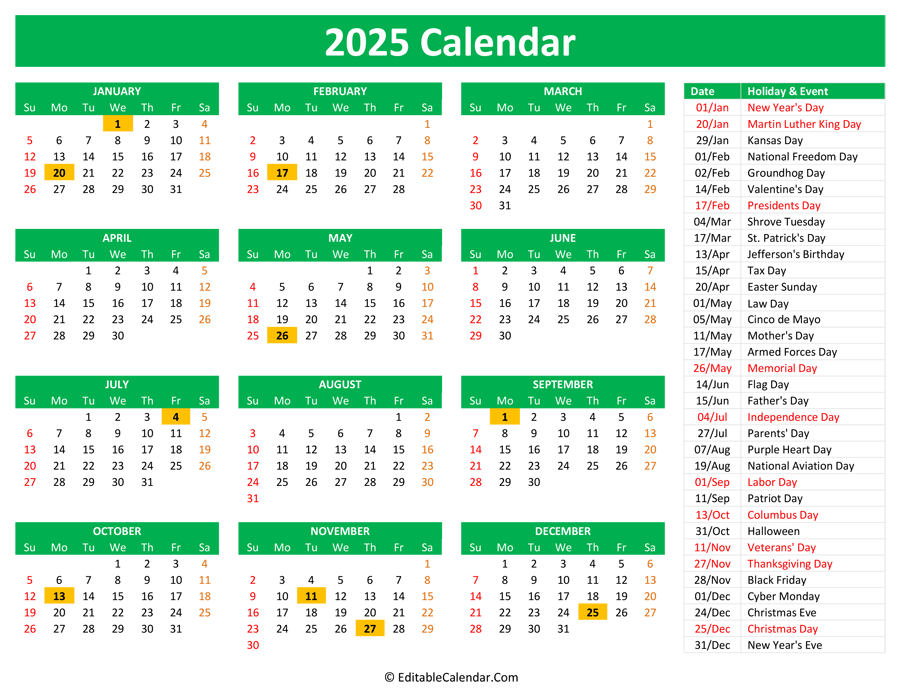

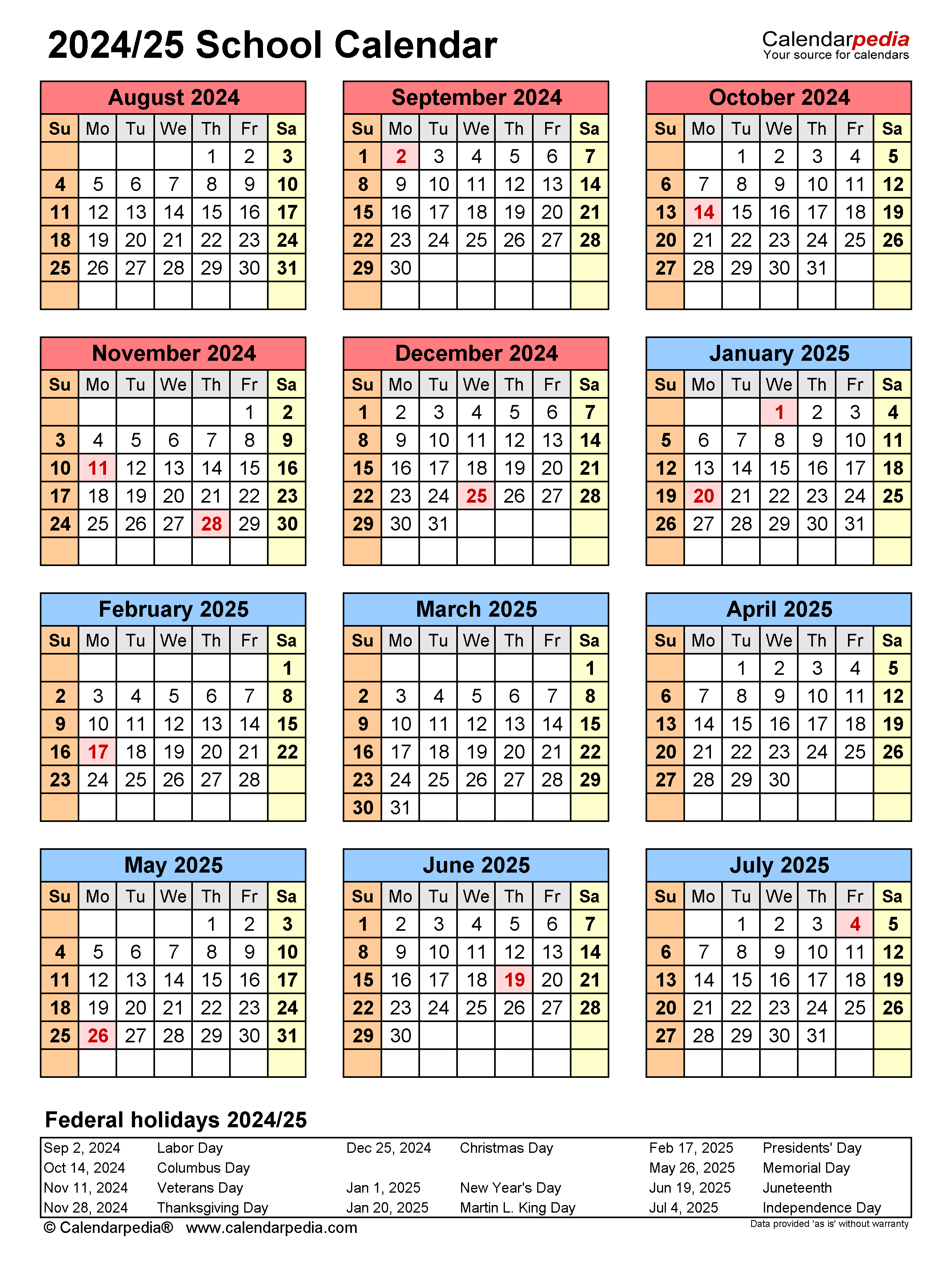
Closure
Thus, we hope this article has provided valuable insights into Navigating the Academic Year: School Terms and Holidays in 2025. We thank you for taking the time to read this article. See you in our next article!
You may also like
Recent Posts
- Exploring The World In February 2025: A Guide To Travel Destinations
- Navigating The Summer School Holidays In The UK: A Comprehensive Guide For 2025
- Navigating Singapore’s Public Holidays In 2025: A Comprehensive Guide
- A Comprehensive Guide To Skiing Holidays In January 2025
- Embracing The Winter Wonderland: A Comprehensive Guide To Ski Holidays In January 2025
- Tenerife In April 2025: A Springtime Escape To The Canary Islands
- The Future Of Travel: A Look At Holiday Trends For 2025
- Unveiling The World Of Travel: An Exploration Of Thomas Cook’s 2025 Brochure
Leave a Reply